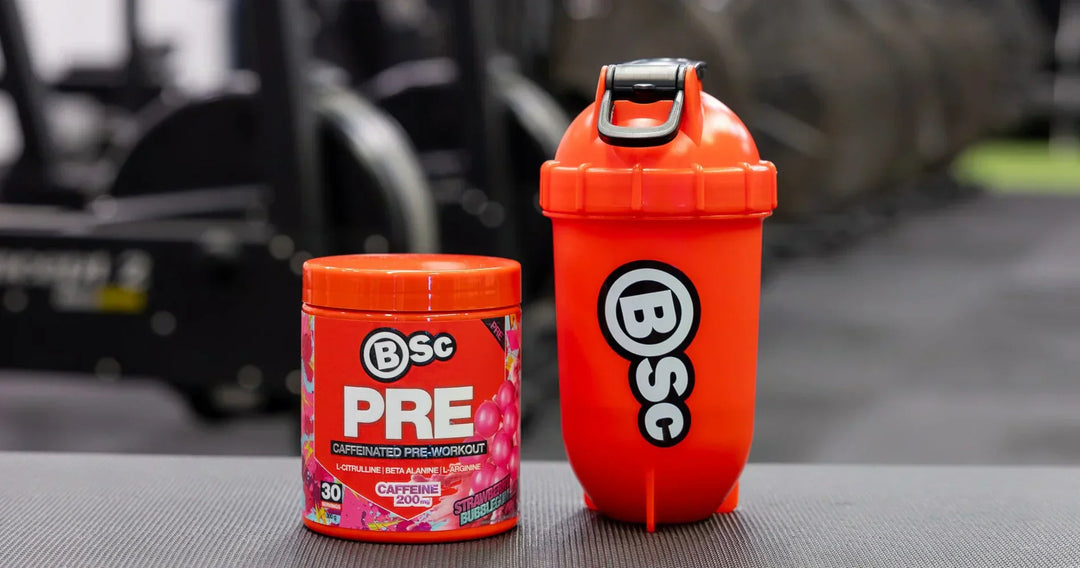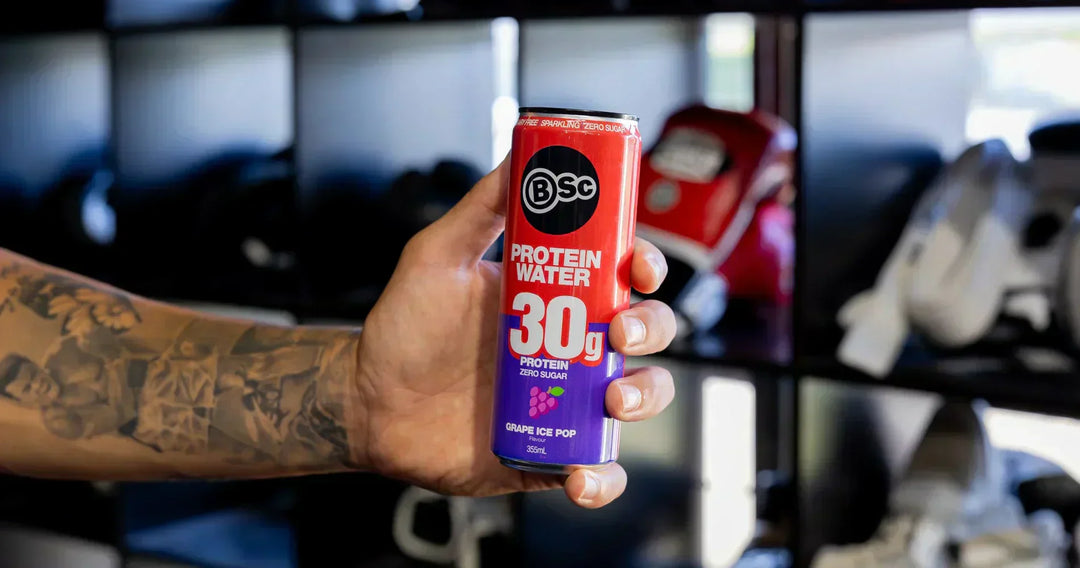Too much cortisol can mess with your metabolism and it can be triggered by overtraining.
Stress, deadlines, overtraining and being chased by sabre-toothed tigers can trigger the same “fight or flight” in your body. When we perceive or experience stressful events, our adrenal glands secret a hormone called cortisol. It’s a response designed to help us respond to imminent danger. “It also kicks in with certain types of exercise, such as high-intensity training or if you are lifting a very heavy load,” says pharmacist and natural food scientist Sybille Buchwald-Werner.
While it’s natural to have cortisol in your body, an excessively high amount of cortisol can cause some issues including irritability, depression, weight gain and other undesired effects. Cortisol affects your metabolism “Elevated cortisol levels disrupt the body’s blood glucose control by stimulating glucose secretion from stores in the liver and limiting the release of the hormone responsible for removing excess glucose from the bloodstream, insulin,” says Dr Buchwald-Werner. “This results in high blood sugar levels. Eventually, more insulin is secreted to remove the excess glucose once cortisol levels have dropped, but this cycle results in poor glucose control which also makes losing weight very difficult as the excess glucose can be stored as fat.
Therefore, managing cortisol and insulin levels are both important when trying to lose weight.” Excess cortisol can also cause irritability, depression, poor sleep quality and compromised immunity which makes us more susceptible to catching colds, cases of flu and other viruses. Causes behind elevated cortisol levels Dr Buchwald-Werner says each individual's cortisol levels rise at different speeds. “However, if you are working long hours, often stressed at work, drinking a lot of coffee and alcohol, completing 2 x HIIT session per day for an extended period and you are feeling the above side effects you may want to consider dialling this back a bit,” she says.
That’s because chronically elevated cortisol levels can cause weight gain in some people, especially around the abdomen area. Conversely, lowering your cortisol levels can help you achieve your weight loss goals. “Especially if you are following a low inflammation diet,” she says. Training too hard can raise your cortisol It may sound surprising but training too hard can contribute to high cortisol and sabotage your health or weight loss goals. It may be why you are not seeing results from your workouts.
“I think what a lot of people do is they are stressed in another area of their life (work for example) and then they go and do a hard training session before or after work so they can cram some exercise into their day,” says Dr Buchwald-Werner. “Then you have the people who get good results from HIIT so they decide that they need to do it in excess. While you should move your body every day, you don’t need to make every session a hard one.” Walking, yoga, Pilates, lightweights are all-sufficient ways to exercise and you need a break between the intensity sessions to allow your body to recover,” she adds.
How much HIIT is enough? If you have a high-stress level or busy life but don’t have high cortisol, Dr Buchwald-Werner says completing one to two HIIT sessions should be fine. “However if you are under a lot of stress and have the above symptoms then keep it to low-intensity exercise,” she says. “HIIT training in moderation is good for people who don’t have cortisol issues, but not so great for people who do.”
Seven ways to help lower your cortisol
1. Follow a low inflammatory diet which means minimising caffeine, alcohol, processed foods and sugar.
2. Get plenty of sleep, the deeper the sleep the better.
3. Lighten your exercise load if necessary.
4. Consider seeing an expert who can help you lower your cortisol levels.
5. Schedule time to wind down, no one can be ‘on’ all the time.
6. Do light, relaxing exercise such as walking, swimming and yoga.
7. If you are overtired and stressed, consider cutting back on social events until you feel on top of things again. Herbal help When cortisol levels are high, herbs are only one piece of the puzzle, so be sure to work through the seven steps above first.

Then, Dr Buchwald-Werner says consider introducing some calming herbs. Lemon balm, lavender and chamomile are all used in traditional western medicine to relieve stress and mild anxiety. “If you are under stress I would suggest including them in your diet daily as they are natural,” Dr Buchwald-Werner says. “If you are starting to feel the adverse side effects to cortisol, however, such as weight gain, irritability, cold and flu symptoms, gut issues – I would see a health care practitioner who can prescribe you with the right medicinal herbs, supplements, vitamins to suit your individual needs.”
Dr Buchwald-Werner’s German-based research team has used a lemon balm extract (Melissa officials) to create a new ingredient called Bluenesse, which two studies have shown may aid in reducing stress-induced cortisol levels, calm the mind and boost alertness. BSC has included a 300-gram dose of Blueness in their Hydroxyburn Clinical training supplement to help lower cortisol during heavy training periods. “If you are someone who enjoys training hard, lemon balm extract from the new ingredient Bluenesse is something that you could consider taking on the days that you work out.”
by Jody Scott




